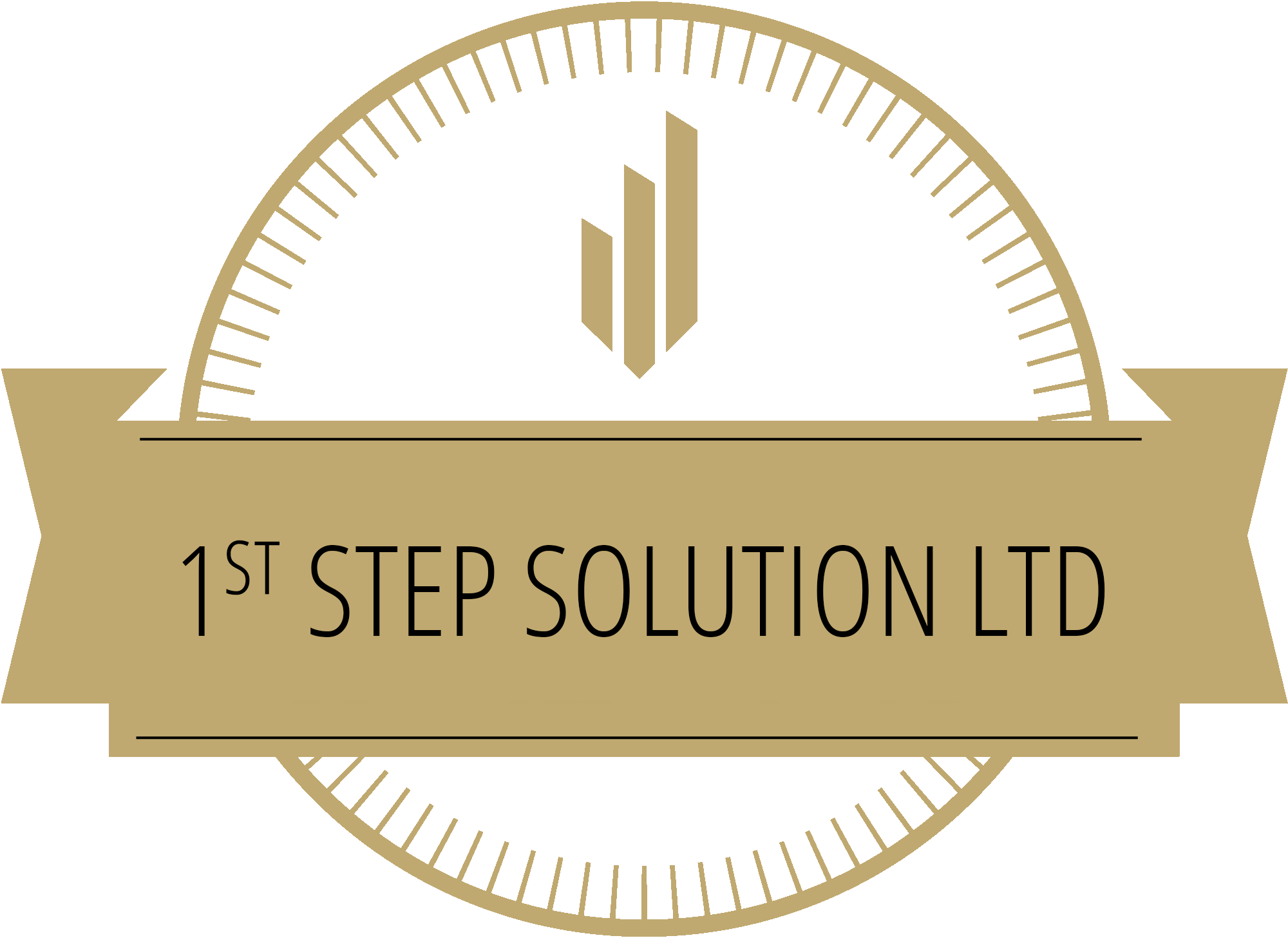Click here to view the April newsletter
We all aspire to build thriving businesses, earn substantial incomes, and enjoy the perks of favorable tax regimes and secure long-term retirement plans. The good news? That dream is no longer just a distant vision – it’s now an achievable reality!
Lithuania offers an exciting opportunity to maximize your earnings, enjoy a manageable tax burden on both corporate and personal levels, and gain financial flexibility along with access to long-term benefits within the European Union.
Here’s an overview of how these opportunities work and the steps you can take to make them a reality.
Step 1. Start your Company in Lithuania
Lithuania is becoming a go-to destination for entrepreneurs thanks to its business-friendly environment, competitive tax rates, and access to the EU market. Incorporating a company here is not only straightforward but also offers a range of benefits:
Why Incorporate in Lithuania?
Attractive Corporate Tax Rates: Lithuania has a competitive corporate tax rate of just 16%, with even lower rates (from 0% to 6%) for small companies. Plus, there are tax incentives for reinvested profits, making it an appealing option for startups and growing companies.
Access to the EU Market: As a member of the European Union, Lithuania gives you access to over 450 million potential customers. This is a major advantage for businesses looking to expand their reach within the EU.
Easy and Quick Registration: Setting up a business in Lithuania is simple and can be done 100% remotely and in just a few days. This is a huge plus for entrepreneurs looking to start quickly and efficiently.
Step 2. Unlock Tax Savings by Getting Employed by your Lithuanian Company
One of the most appealing aspects of Lithuania’s tax system is its favorable treatment of employees working outside the country (and that could be you!).
Let’s Discover The Power of Lithuania’s Social Tax:
When your physical workplace is outside of Lithuania but you are employed by a Lithuanian company, the tax system is designed to offer flexibility and tax relief. In this case, the only tax that needs to be paid on the salary is the social tax, which is capped annually at a maximum of €11,315.17. This means that, regardless of the salary amount, the social tax liability remains fixed, and you can enjoy a significantly lower tax burden compared to many other countries with more progressive taxation systems.
For instance, a foreign resident such as a Turkish national can earn an impressive €200,000 per month in salary, but the social tax payment would still be capped at the maximum limit of €11,315.17 annually. This allows him to retain a much higher proportion of his income. In this scenario, your effective payroll tax rate is remarkably low.
Step 3. Consider Tax Residency
While working for a Lithuanian company, you may also consider establishing tax residency in Malta to benefit from the country’s favorable tax regime. Malta offers several residency programs that attract foreign nationals, particularly high earners, looking to optimize their tax positions.
Expatriates, who establish tax residence in Malta, can benefit from the remittance-based tax system, meaning they are only taxed on income that is brought into the country. This makes it especially advantageous for people working for a foreign Company or earning international income (from Lithuania, for example).
In the context of earning a salary from a Lithuanian company, if you establish tax residency in Malta, you can continue to receive the same salary without being subject to higher taxation in your home country. Additionally, Malta offers attractive tax incentives through its Global Residence Program (aka Tax Residency), which provides a flat-rate tax of 15% on foreign income, remitted to Malta (and 0% tax on not-remitted one).
Lithuania & Malta: A Winning Combination!
Foreign nationals who work for a Lithuanian company while residing in Malta can enjoy the best of both worlds: earning a high salary with a manageable tax burden and securing long-term retirement benefits. The salary can be as high as €200,000 per month, with a capped social tax of €11,315.17 per year. Additionally, after 15 years of contributions, the individual becomes eligible for retirement payments within the EU, a crucial financial security measure.
Furthermore, by establishing tax residence in Malta, individuals benefit from favorable tax incentives such as the 15% tax rate on foreign income, which maximizes their earnings potential.
This dual approach – working for a Lithuanian company while benefiting from Malta’s tax residency program – a game-changing strategy to maximize your income and secure your retirement benefits across the European Union.
Ready to unlock even more benefits? Here’s a sneak peek:
Step 4. Secure Your Future: Long-Term Retirement Benefits
Another key benefit of being employed by Lithuania Company, especially for individuals with long-term career plans, is the ability to apply for retirement payments within the European Union after 15 years of contributions. So If you remain being empoyed and contribute the required social taxes for 15 years, you will be eligible to receive retirement benefits from the EU. This provides you with long-term financial security and access to EU – wide retirement programs once you reach retirement age.
The Malta Retirement Programme could become a key piece of your financial puzzle, offering a flat annual EUR 7,500 tax on your pension remitted to Malta. We’ll dive deeper into this soon, so stay tuned for our monthly updates!
Click here to view the April newsletter


